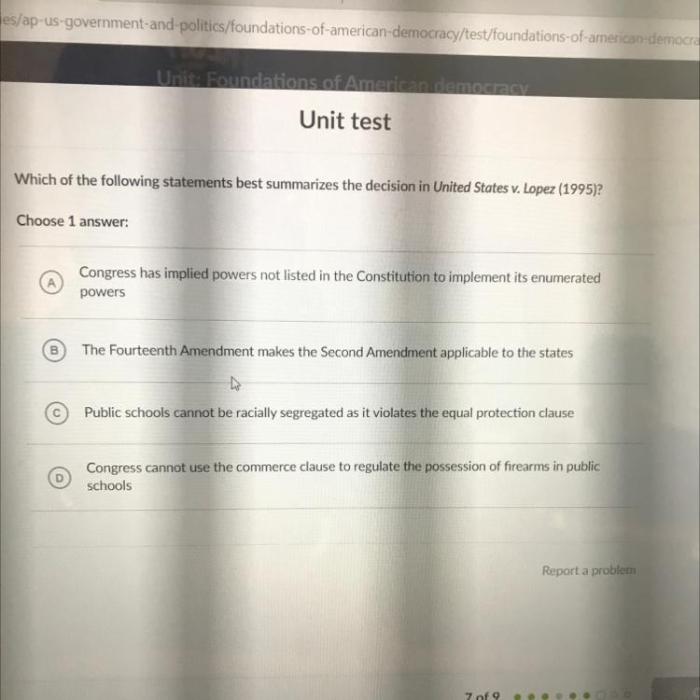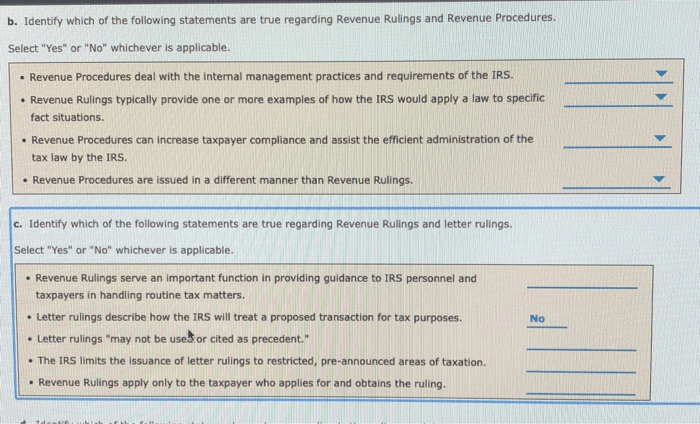Which of the following is true regarding stock options – In the realm of employee compensation, stock options have emerged as a powerful tool, offering a unique blend of incentives and potential rewards. This comprehensive guide delves into the intricacies of stock options, exploring their types, tax implications, advantages, disadvantages, accounting principles, and real-world applications.
Stock Options Overview

Stock options are a type of employee compensation that gives the employee the right, but not the obligation, to buy a certain number of shares of the company’s stock at a predetermined price within a specified period of time.
Key characteristics of stock options include:
- Strike price: The price at which the employee can purchase the shares.
- Expiration date: The date on which the option expires and can no longer be exercised.
- Vesting period: The period of time over which the employee must remain with the company before they become fully vested in the options.
Types of Stock Options
| Type | Description |
|---|---|
| Incentive stock options (ISOs) | Tax-advantaged options that are only available to employees and not to independent contractors. |
| Non-qualified stock options (NSOs) | Options that are not tax-advantaged and are available to both employees and independent contractors. |
| Employee stock purchase plans (ESPPs) | Plans that allow employees to purchase company stock at a discount. |
Tax Implications of Stock Options, Which of the following is true regarding stock options
The tax treatment of stock options depends on the type of option and the holding period.
- Upon exercise, ISOs are not taxed, but the difference between the strike price and the fair market value of the stock is taxed as ordinary income when the stock is sold.
- Upon exercise, NSOs are taxed as ordinary income, and the difference between the strike price and the fair market value of the stock is taxed as capital gains when the stock is sold.
- If the stock is held for more than one year after exercise, the capital gains tax rate is lower than the ordinary income tax rate.
Advantages and Disadvantages of Stock Options
Advantages
- Can incentivize employees to perform well and stay with the company.
- Can align the interests of employees and shareholders.
- Can be a tax-efficient way for employees to build wealth.
Disadvantages
- Can be complex and difficult to understand.
- Can be risky if the stock price declines.
- Can be subject to forfeiture if the employee leaves the company before the vesting period is complete.
Answers to Common Questions: Which Of The Following Is True Regarding Stock Options
What is the difference between incentive stock options (ISOs) and non-qualified stock options (NSOs)?
ISOs have favorable tax treatment compared to NSOs. Upon exercise, ISOs are taxed at the capital gains rate, while NSOs are taxed as ordinary income. However, ISOs have stricter holding period requirements and cannot be sold to third parties before meeting specific conditions.
How do stock options affect a company’s financial statements?
Stock options are recognized as a compensation expense over the vesting period. This expense reduces the company’s net income and earnings per share. Additionally, stock options can dilute the ownership interest of existing shareholders if they are exercised and converted into shares.
What are the potential risks associated with stock options?
The value of stock options is tied to the performance of the company’s stock. If the stock price declines, the options may become worthless. Additionally, stock options can create tax liabilities for employees if they are not exercised or sold strategically.

